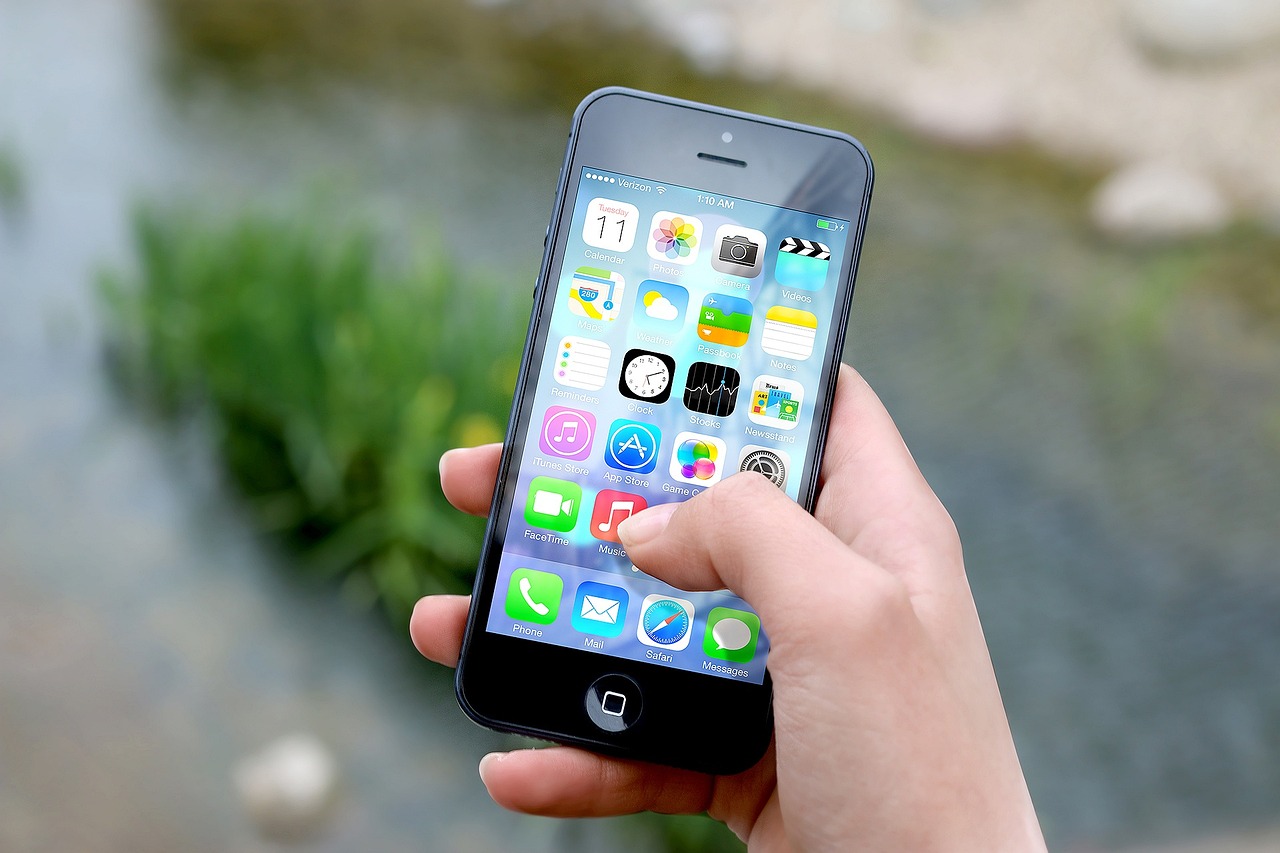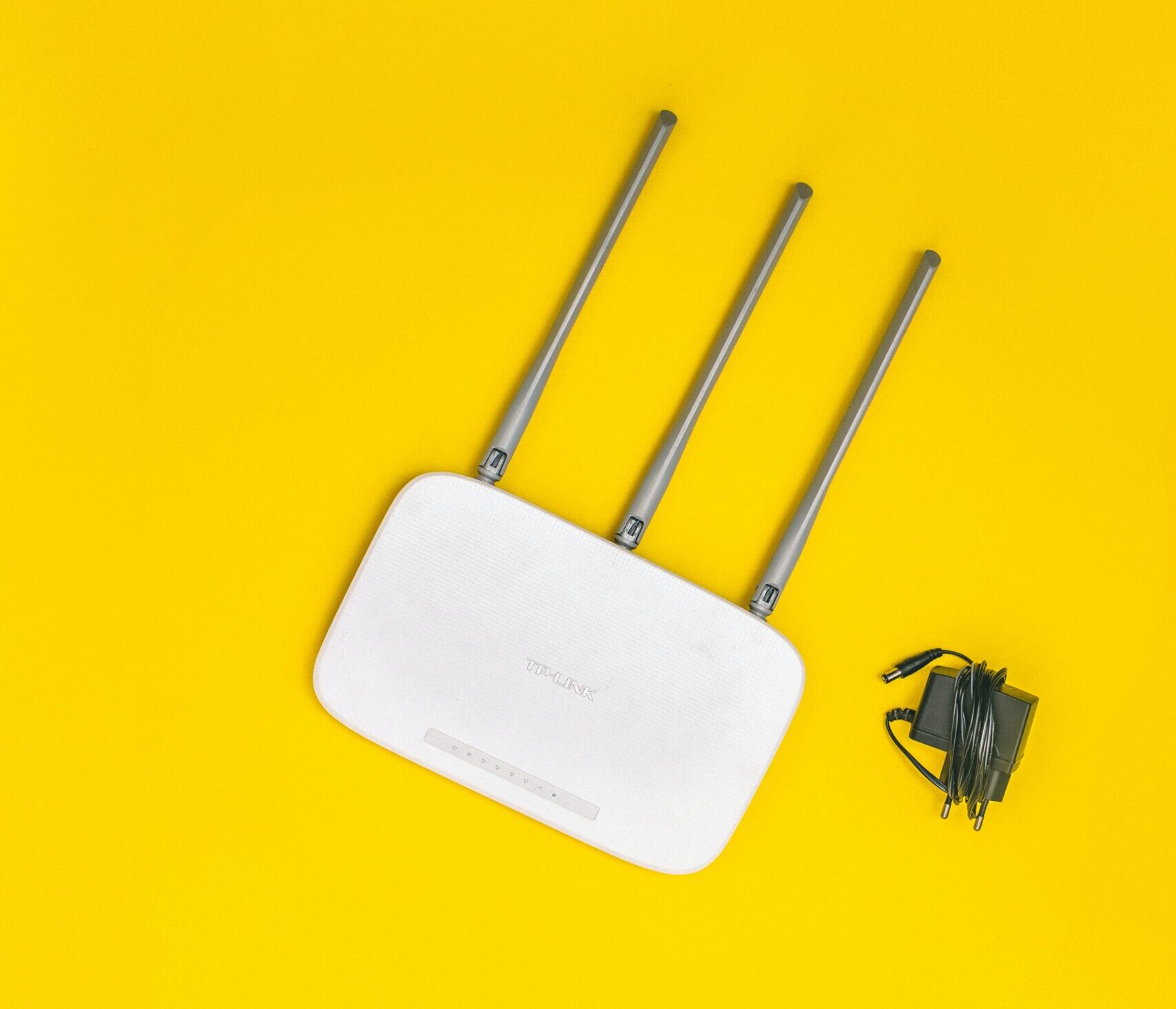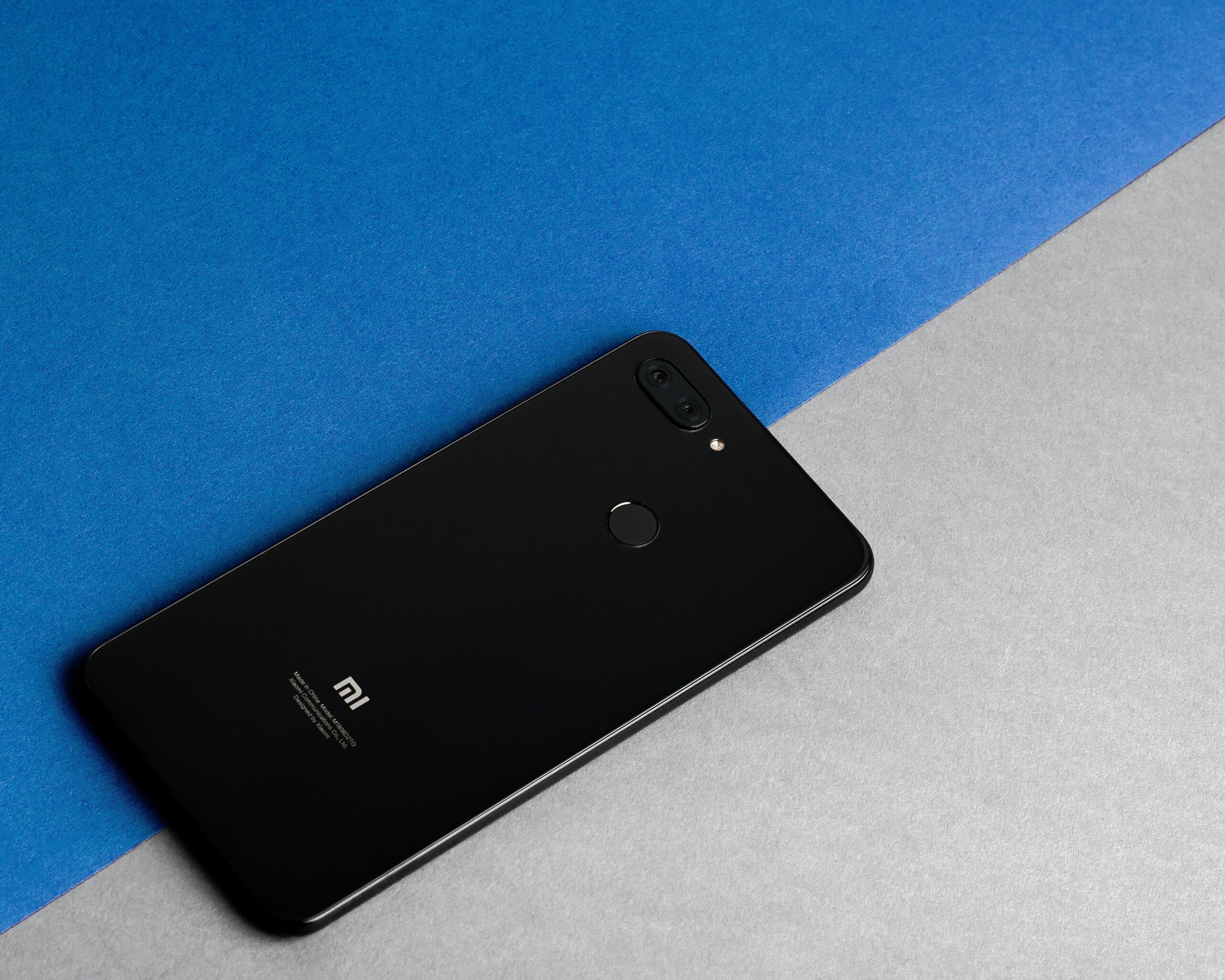Learn how to choose a good device for your profile. Find out how.
If you are looking for a new cell phone but don't know what to choose, there are some tips to help you with this task. Many people immediately think of the cameras or the brand, but the truth is that the processing, battery and memory specifications are the deciding factors when it comes to choosing. Keep reading and get access to a complete guide describing the points to consider when making a purchasing decision. Check out the tips.

Main features
Before choosing a device, define the main objectives you want to achieve with the device in your daily life. A simpler model includes internet access, applications, messages, and calls. For work, more storage space and performance. If you are looking to play games, you will need high resolution, storage space, and performance. For photos and videos, a high camera capacity, storage space, and larger screen and resolution are required. Now, if you want an affordable device, pay attention to larger buttons, SOS functionality, and ease of use.
Set a value
The brand, design, configuration, and other features affect the final price of the device. So, once you've decided on its main features, base your mobile phone budget on that as well.
Check your device settings
Some of the most important specifications of a device are the size of the phone's screen, memory capacity and camera quality, elements that you should pay attention to when choosing. This is because the ideal configuration can change depending on the priority of use of the device.
Good Processor
When determining the category of cell phone, there are three major manufacturers: good processors In the Android world – Qualcomm, MediaTek and Samsung (but not the only ones). The first is the leader in this segment and its chips fall into four main categories.
4: For basic smartphones.
6: For mid-range smartphones.
7: For premium mid-range smartphones.
8: For high-performance smartphones.
If you're looking for a basic smartphone, the Snapdragon 4 model is your best bet. Those who want a bold but not too expensive phone will be interested in the Snapdragon 6 and Snapdragon 7 options. For those looking for a smartphone with high computing power, the Snapdragon 8 model is a worthwhile option.
MediaTek processors are almost always found in entry-level or mid-range smartphones, so they're often the choice of users who prioritize cost-efficiency over performance. For Samsung, the chip is called Exynos and is often found in the company's smartphones. There are several options, but the Exynos 2100 claims to be the company's most advanced processor to date.
Either way, consider what you expect from your smartphone (easy to use, advanced tasks, or high performance) and choose a model with the right chip. It’s worth searching for the processor name on Google to see which category it falls into. And of course, the more advanced the processor, the more expensive the phone tends to be.
RAM Memory
By today's standards, a smartphone should have at least 4GB of RAM. What about 6GB or 8GB? These are very interesting features, as they allow heavy applications (that require a lot of resources), especially games, to run more smoothly. More RAM also makes it easier to switch between open applications and perform simultaneous tasks, such as leaving a music app running in the background while you do other things.
A phone with 8GB of RAM is great, but there’s a catch. Heavy use can drive up the cost of the device and doesn’t always offer noticeable performance gains. Options with 4GB are fine for most users.
Larger storage
In this case, the more the better is the more you can use. For example, photos, videos, and apps can take up a lot of space, so it's best to have as much storage space as possible. Current standards recommend buying a phone with at least 64GB of storage, but 128GB is ideal for heavy users. On the other hand, if your phone has less than the minimum, make sure it has a microSD card slot, so you're not in trouble.
Cell phone battery
Most smartphones are large, so they usually come with large-capacity batteries. Current standards recommend models with at least 4,000 mAh. Also, check if your phone supports fast charging. This feature prevents the process from taking hours.
It is also important to check whether the product comes with a fast charger. Even if a smartphone supports this type of technology, it is not uncommon for it to come with a regular charger.
Connectivity
With rare exceptions, all smartphones have USB ports, WiFi and Bluetooth. However, it is important to be aware of these versions of technology, as very old standards indicate that the phones use outdated components. In addition, newer technologies offer better features.
Therefore, opt for cell phones that have: USB-C connection instead of Micro-USB; Wi-Fi 5 (802.11ac) or Wi-Fi 6 (802.11ax); Bluetooth 5.0 or higher. An equally important detail: make sure your smartphone has NFC. This technology makes it possible to use payment services like Samsung Pay, for example.



